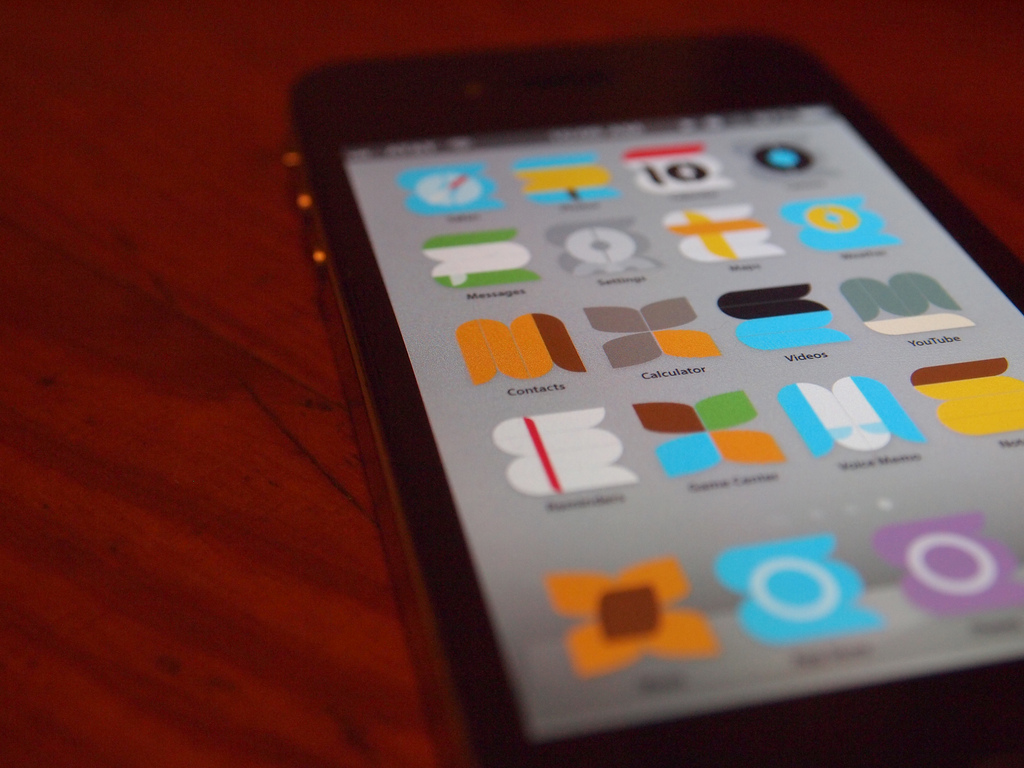Professor Tanina Rostain teaches the course “Technology, Innovation, and Legal Practice” at the Georgetown University Law Center. A fundamental part of it is a competition in which 4 teams of 3-4 students work together to design apps that advocates and lawyers can use to explore intricate areas of the law. The class has seen tremendous growth over the course of just 4 years. With technology being a pivotal factor in today’s legal world, this course is ideal for law students who are interested in hands-on learning about the accessibility of important justice matters.
What began as a small project slowly spread out throughout the U.S. with involvement from organizations such as the Alaska Legal Services Corp and the U.S. Department of Justice. Its focus is centered on law as “an institution to help people”. One particular app, ADA2Go, was designed for people with disabilities to ascertain their rights in various situations.
Mark O’Brien, the executive director and co-founder of Pro Bono Net, says “Tanina has mastered getting students to do something that’s nonintuitive—the creation of specific apps during the course of a semester and delivering them to legal aid organizations and others for use.” Rostain herself said that “these apps are adaptable to a lot of paying legal work, and they’re going to proliferate.”
With the number of apps being created, the scope of the “access-to-justice” idea is already on its way to impacting many people in this profession and consumers themselves.
Article via ABA Journal, September 23, 2015
Photo: EP via European Parliament [Creative Commons Attribution-NonCommercial-NoDerivs]

